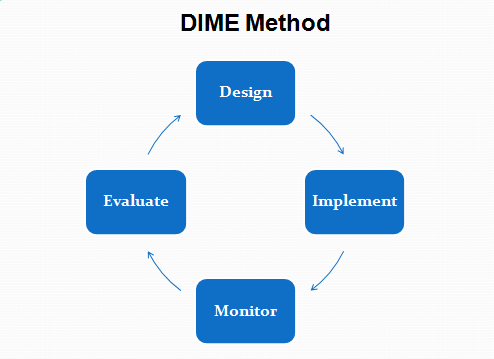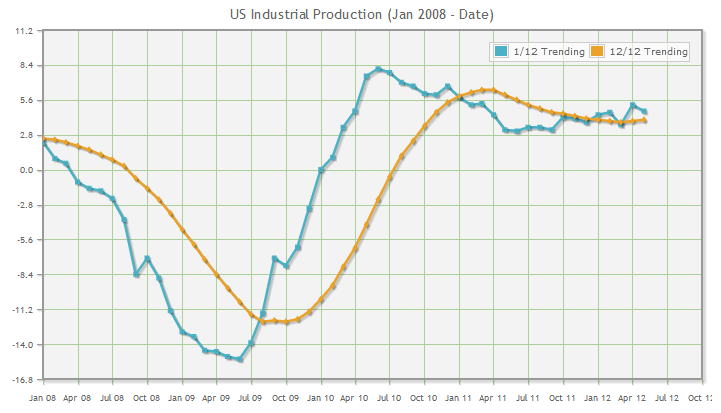 This month’s leadership quote: Sooner or later, those who win are those who think they can. — Dr. Paul Tournier
This month’s leadership quote: Sooner or later, those who win are those who think they can. — Dr. Paul Tournier
Today’s blogpost is offered by guest blogger Mary Lore, Vistage speaker and author of Managing Thought.
Mary’s book and program are all about managing thought and getting the results we want.
In my experience, a lot of leaders think “positive thinking” is about thinking happy rah-rah or touchy-feely thoughts or re-framing a thought to make it sound positive, for example changing the word “sh—“ to “fertilizer.” Or they think of that Stuart Smalley character on Saturday Night Live who made positive affirmations in the mirror. (I don’t want to be that guy!)
That’s why I don’t use the term positive thinking,coined the term powerful thinking, and developed theManaging Thought® process. Because to me, positivity isn’t about getting rid of the negative thoughts we have and replacing them with positive thoughts. It is about being aware of the 60,000 thoughts our brains present to us every day – one a second – and choosing to hold thoughts that are in alignment with who we aspire to be and what we truly wish to create – as leaders and as organizations.
In my experience, most of our thoughts are based in fear, focused on what we don’t want vs. what we do want – and we don’t even know it.
When we think about the time we don’t have enough of, the opportunities we don’t have, the customer we lost, the payments we can’t afford, the sacrifices and cuts we have to make, cash we don’t have, customers who aren’t buying, banks who won’t lend, the decisions we are forced to make, and the competition we’re up against, we are not thinking powerfully.
When we think that we don’t want to be viewed as a commodity, the economy is bad, my organization isn’t innovative, my people aren’t engaged, or that I don’t like this or that about my employees or suppliers, again, we are not thinking powerfully.
When we think thoughts of fear, self-doubt, worry, criticism, judgment, anger, frustration, anxiety, negativity and other disempowering fight, flight or freeze thoughts, we are not thinking powerfully. And when we think about surviving, we are not thinking powerfully, because we want to thrive.
When we think powerfully, we are thinking thoughts of vision and purpose, wonder and possibility, focused on what we want, on what truly matters. Our thoughts are inspired, creative, and impactful.
Most of us have not thought about our thoughts. We have no idea what we are thinking in each moment. We have taught ourselves to turn our power to think and to create our reality over to our brains.
Yet we have the ability to pay attention to our thoughts. We always have a choice to focus on what matters and think in powerful ways which affects our ideas, our decisions, and our results. This awareness creates stillness in this fast-paced, ever-changing world and affects how we inspire others, how we lead, what we create from any situation, producing a distinct competitive advantage.
It is time for us to take back our power, to stop re-acting, and start choosing thoughts that serve us in our lives, our relationships, our organizations, our communities, and, through the ripple effect, the world.
How are you using your 60,000 thoughts today?

















 The initial results of my Pivot are excellent. I feel I have much greater clarity regarding the next 3-5 years..
The initial results of my Pivot are excellent. I feel I have much greater clarity regarding the next 3-5 years.. 